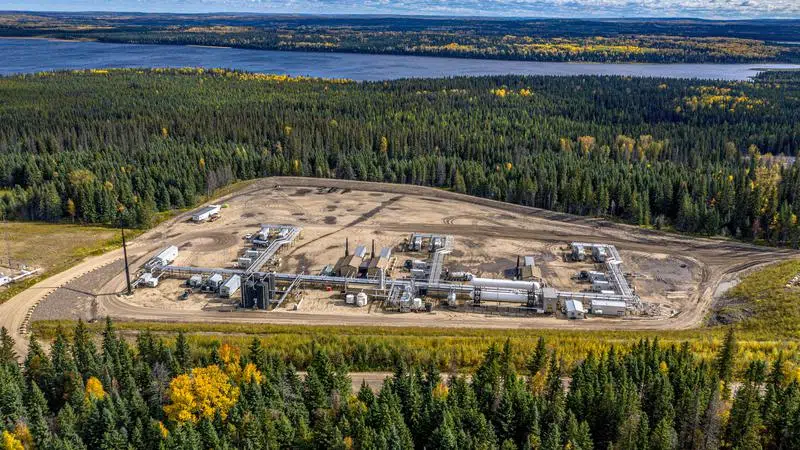
Seven Generations President and CEO calls Energir deal “A very important step.”
The head of Seven Generations Energy says the company was open to the scrutiny that led to a new deal to supply natural gas to Quebec’s main distributor.
The deal with Energir came about after Seven Generations achieved an international certification called the Standard for Responsible Energy Development.
The Pembina Institute and a company called Equitable Origins were also part of the process.
Seven Generations President and CEO Marty Proctor calls this a very important step.